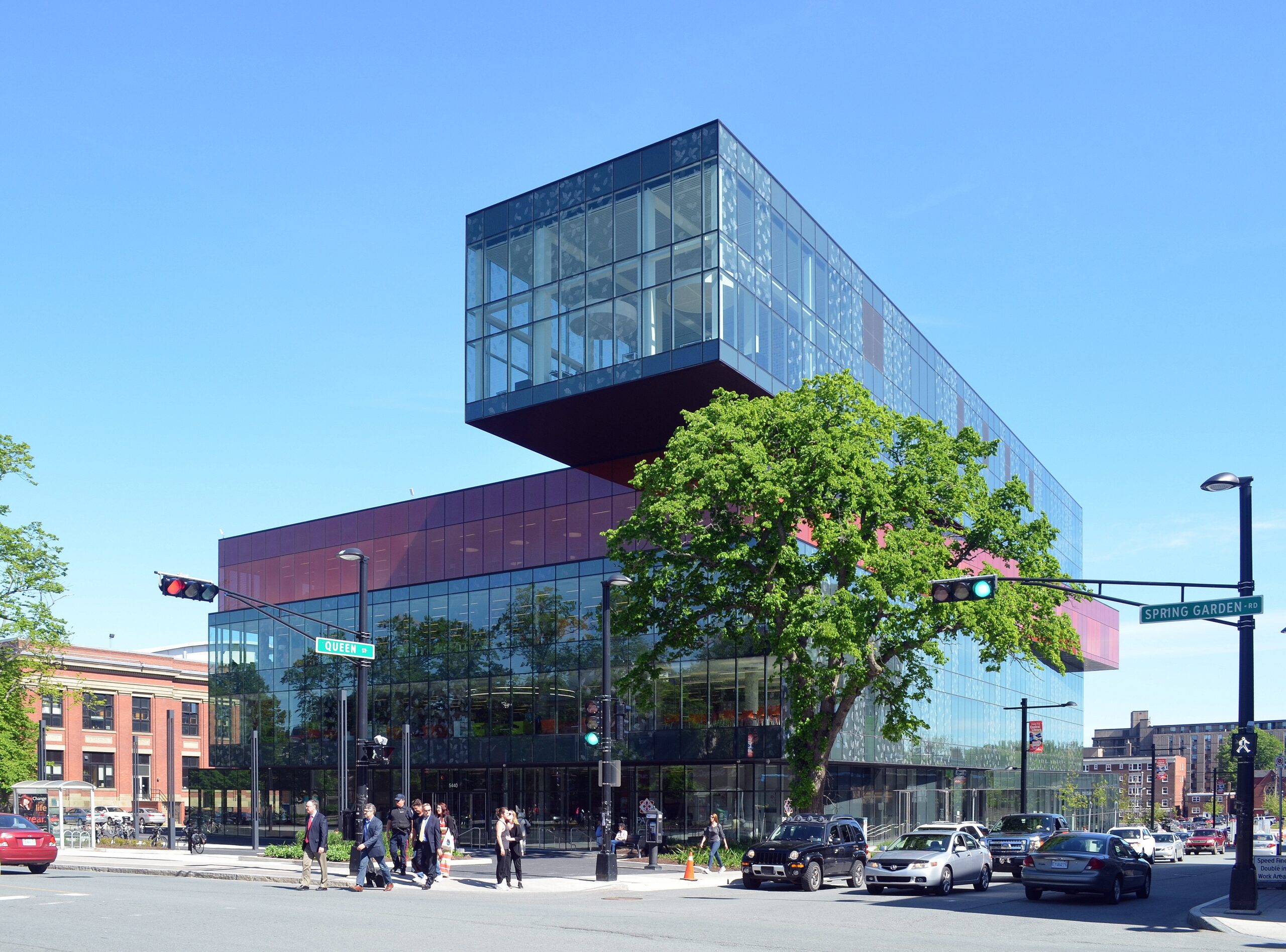Public sector design thinking has evolved from obscurity to something of a global trend over the last decade, building up in roughly three waves. A first was launched by the Transformation Design movement in 2006, inspired by the regretted but innovative RED group sponsored by the UK Design Council. A second wave started quickly, sans the transformation label which never quite took off and included innovation labs such as the Helsinki Design Lab, the UK’s Nesta projects, and the Danish MindLab. Perhaps we’re now seeing a third wave of broadly supported, public sector innovation building upon these pioneers.
Canada lagged in the trend, but is now taking its place in the third wave. Public sector labs had emerged and evolved through two generations before innovation labs were first established in Edmonton, Ottawa and Toronto. Even though the core capabilities of the labs are still being sorted out, significant implications for their contributions to citizen-centred, future-proof policies can be perceived. What all the labs have in common is the experimentation and integration of new modes of strategic design, engaging the public as service users, engaging policymakers as creative contributors, and running trials (or prototypes) of proposals and processes.
There is one observable weaknesses across all the public innovation labs: lack of continuing support and funding (as several labs have come and gone), a fickle political mood, and no true integration with policy development. This will change as more skilled practitioners enter this developing field and ministries become dedicated users of the new competency mix.
In Canada as elsewhere, conferences play a critical role in supporting the intellectual effort that is critical in launching waves. There have been very few conferences dedicated to this emerging area, but there are promising events on the horizon. We often face hard choices for our limited time and funds, in exchange for the value of learning and connecting. As an academic (and consultant) I attend far more conferences than most professionals. But there are few good events in this field where practitioners might share and develop their views.
Among these are the UK and European Service Design conferences (where public service has a part), new events such as the OECD “Future State,” and various design symposia. Rare are those conferences in the design field that combine a focus on the public sector, a holistic approach to learning, and practical methods. An annual conference with a designated track for “design for public value” has been held in Norway and Canada for several years now. The Relating Systems Thinking and Design (RSD) symposium, held by OCAD University in October 2016 in Toronto, has become a leading venue for new thinking in public service, healthcare, and social services design informed by systems thinking and strategic foresight.
Started in Oslo in 2011, RSD has grown from a small design academy meeting to an intimate conference with diverse, leading international speakers and a competitive paper selection. The RSD4 event held in summer 2015 at the Banff Centre highlighted the leadership of systemic design thinking in public service value creation and policy design. A Public Value track formed around contributions reflecting the maturity of systemic public design projects. Keynote speakers presented both “wicked problems” faced by all countries, and compelling successes in their practices in advanced design, architecture, and sustainability.
Past RSD speakers included design leaders Don Norman, Hugh Dubberly, John Thackara, Mugendi M’Rithaa and service designers Lia Patricio and Daniela Sangiorgi, systems thinkers Ranulph Glanville and Harold Nelson, and architect Ann Pendleton-Jullian. They shared lessons drawn from successes, failures, and outcomes in discussing a wide variety of topics:
- Better approaches to government lab innovation (e.g. Alberta CoLab).
- Alternatives to growth-based economic development
- The rise of the “Civil Servant Designer”
- Design-led transformation of healthcare / mental health services
- Rethinking primary care and healthcare practice
- Reforming the family justice system
- Enhancing community experience by design in Canadian cities
- Public sector purchasers as value creators in the food system
- Decision-making for environmental policy development
- Leading systems change in the charitable sector
- Tackling hunger, poverty, housing, water, farming, and health in developing nations
The RSD series has led the development of new practices and methods known as systemic design, which integrate systems thinking and theories into the design approaches. Methods such as system mapping and visualization, system models for business planning and policy, foresight-driven design, and structured stakeholder dialogues are presented to showcase new inquiry and prototype solutions for these complex problem areas.
This October, RSD5 will focus on systemic design for social complexity. The RSD5 symposium is curating presentations, workshops, panels, and posters dealing with the effective design and change interventions in the hyper-complex problems facing governments, sectors, service systems (such as healthcare and immigration), and urban development. OCAD University and MaRS Discovery District are organizing the venue, and veterans from Alberta CoLab and the Oslo School of Architecture and Design are co-creating the program. New knowledge and learning from completed case and field research is being sought for:
- Social System and Transition Design
- Service Design, Healthcare System Design
- Complex Sociotechnical Systems
- Sustainability and Socio-ecological Policy
- Democracy, Policy Design and Modes of Governance
- Public Services Design and Civic Innovation
- Theories and Methods of Systemic Design
- Systemic Business and Organizational Design
- Built Environment and Design of Settlements
- Capacity Building and Resilient Development
While the submission for paper presentations closes as of May 3, workshop and poster sessions are being accepted until June 11. RSD information and past proceedings are available online at http://systemic-design.net.
Peter Jones is an associate professor at OCAD University in the MDes Strategic Foresight and Innovation program and guides research in the Strategic Innovation Lab (sLab.ocadu.ca). He is the lead chair for RSD5, Relating Systems Thinking and Design, hosted by OCADU Oct 13-15, 2016.

